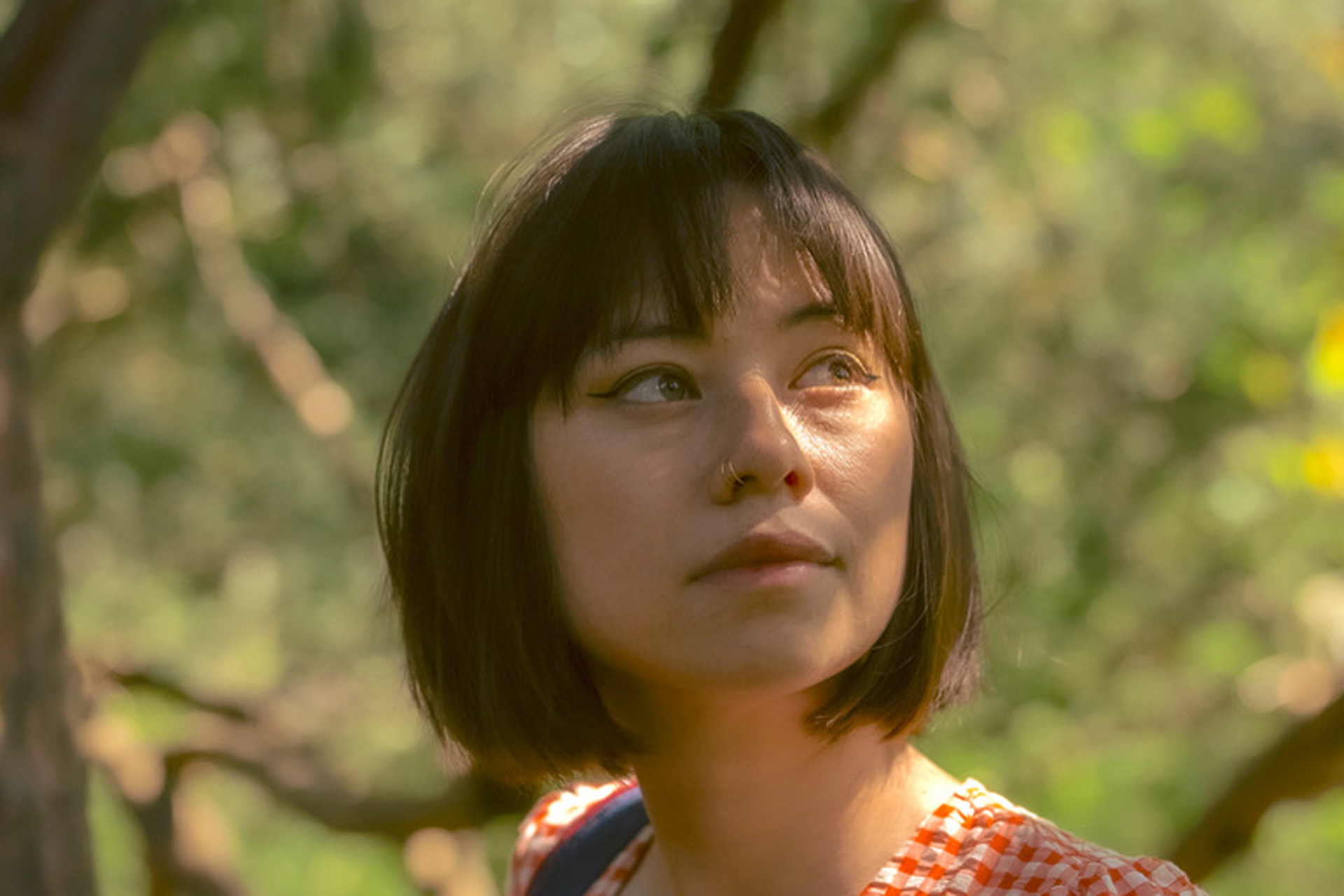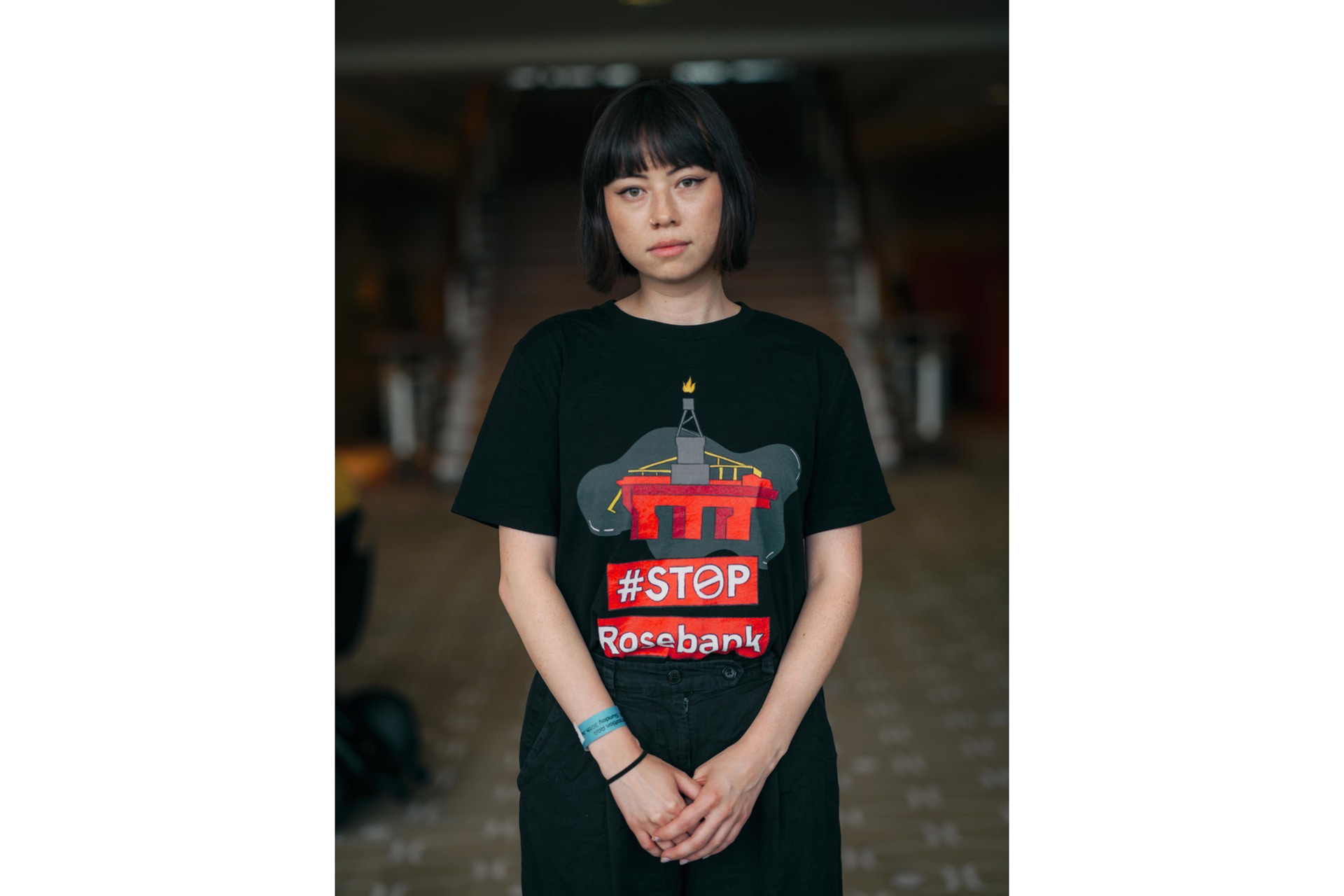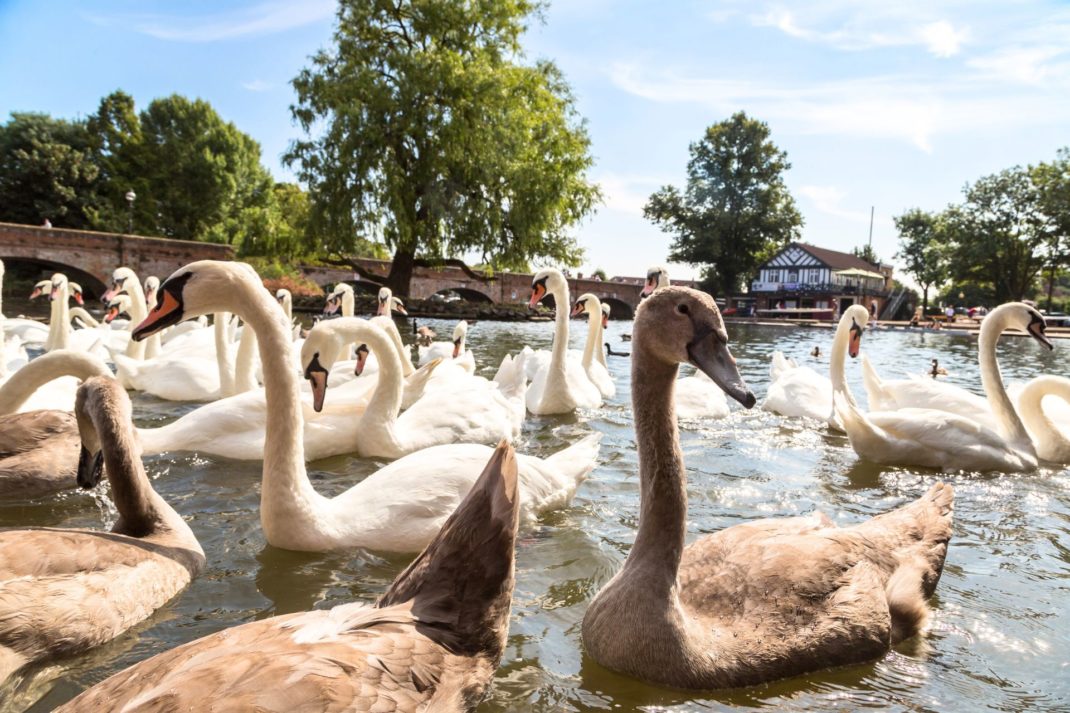Green Heroes: Climate Justice Activist Tori Tsui
By
2 years ago
'The time for doing nothing is over, we need everyone, everywhere in order to halt a crisis of this magnitude'

Tori Tsui is an environmental activist, with a focus on climate justice and ensuring climate policy is inclusive and transformative. She is the co-founder of the Bad Activist Collective and a member of climate coalition Unite For Climate Action, and has recently published a book, It’s Not Just You, which explores the link between mental health and the climate crisis.
Green Heroes: Climate Justice Activist Tori Tsui
Tell us about your new book, It’s Not Just You. Why did you decide to write it?
It’s Not Just You is a book which explores the intersections between the mental health and climate crisis. For as long I can remember, I really struggled with my mental health and it was only when I became more involved in climate activism that I began to learn about how the two struggles were inextricably linked. I realised that the same systems that have given rise to the climate crisis, built on exploitation and subjugation, were directly contributing to the ways in which I experienced ill mental health. Writing this book became a way for me to deconstruct the ideas and misconceptions behind why the climate crisis is a mental health crisis. I also felt like the mainstream narratives around mental health and climate change were oversimplified and watered down. To me, they weren’t particularly inclusive. I wanted to write a book that was more nuanced and understood mental health through an intersectional lens.
What’s behind the title?
In its most basic sense, it is a reminder that people are not alone, and that there is solidarity in struggling together in a time such as now. But it’s also a tender reminder that it’s not just you. There are so many people who have different perspectives and it’s important that we listen to these narratives too. The title is also an invitation to talk about the impacts of systems on our mental health and how far too often this crisis is individualised instead of looking at how we live in a world which predisposes people to mental struggle. And so the final tenet of this book is centred around community care.

What are some ways to deal with eco-anxiety?
Eco-anxiety can be defined as the mental somatic distress in response to dangerous changes in the climate system, and I really want to reiterate that these feelings are normal. They are part of what make us fundamentally human and the goal is not to get rid of these feelings, but to understand and transform them. For anyone really struggling I would suggest joining a climate action group that acknowledges these emotions and tackles them head on. It’s what has helped me most.
How is the climate crisis interconnected with mental health issues?
The climate crisis is interconnected with mental health issues in a multitude of different ways. Environmental destruction and degradation can impact people directly and indirectly. For instance, those who live in areas of high pollution are more likely to develop mental health problems due to the comorbidity of physical and mental illness. People exposed to these issues long-term may also develop traumas from resisting extractive and violent industries. In the case of eco-anxiety, we can also see how people around the world are distressed about the future that they are going to inherit and feel a deep sense of powerlessness when they feel as though these systems are unshakeable.
This is further compounded if we look at the climate crisis through an intersectional lens. Those impacted by, say, racial and gender injustice are more likely to be impacted by the climate crisis. And discriminatory structures in and of themself are likely to predispose people to mental health struggles.
What makes you feel positive about a sustainable future?
What makes me feel positive about a sustainable future is when I see people mobilise. At the moment I feel like more and more people are becoming aware of the crisis that we are in and are coming together to make a difference. It’s important to note that sometimes I don’t always feel positive and I believe that it’s okay to honour those emotions too.
View this post on Instagram
And what are the facts that make you fearful?
There are two things that make me fearful. Firstly, people who turn a blind eye to the crisis we’re in, who feel like someone else will solve this issue. And secondly those with power and those in proximity to power who actively denounce climate change campaigners. The fossil fuel industry in particular has actively lobbied against climate science and policy, and continues to be subsidised by the government. Our own government is trying to push forward for a new oil and gas field in the North Sea called Rosebank which is being subsidised by taxpayer money. And most of its oil will be exported despite claims from the Tory government that it will bolster our energy security. It’s really quite terrifying how many lies are being thrown into the ether by this government.
Who is your own green hero?
I don’t like to centre heroism in the narrative around climate activism because I think it does a disservice to everyday people seeing themselves as part of this movement. There’s a part of me that feels like heroism can be quite dehumanising as it implies that perfectionism is a tenet of activism. That being said, there are a lot of people that I admire and it would be too difficult to pick one. I do have to pay homage to those on the front lines who do this work day in and day out without any accolades.
Can producing anything new really be called sustainable?
No, I don’t think so. I think there’s a lot of greenwashing that exists but we do live in a system where the idea of not producing feels quite impossible. So I do commend brands and businesses that are trying their best to be regenerative and recycle. There are so many things in the world and we don’t need any new things. But we can re-purpose what we already have that’s what I’m interested in
Should we be green shaming the brands/companies who are doing nothing to change their ways?
We should absolutely be green shaming the companies who are doing nothing to change their ways. The time for doing nothing is over, we need everyone, everywhere in order to halt a crisis of this magnitude. To do nothing is to be complicit in climate collapse.
How do you think the media and governments could help the climate crisis?
I think the media and government need to be talking about this crisis in every single sector of society. But talking isn’t the same as acting so we need everyone to be pushing for a green transition across society.
Three things we should all, as individuals, be doing to help in the climate change fight?
- Join a climate group or start one if there isn’t one in your immediate vicinity.
- Talk about the climate crisis with someone who isn’t engaged with it, try to find common ground with them.
- Continue to demand more and better from the organisations, businesses and politicians and industries that are destroying this planet!
It’s Not Just You by Tori Tsui is out now


